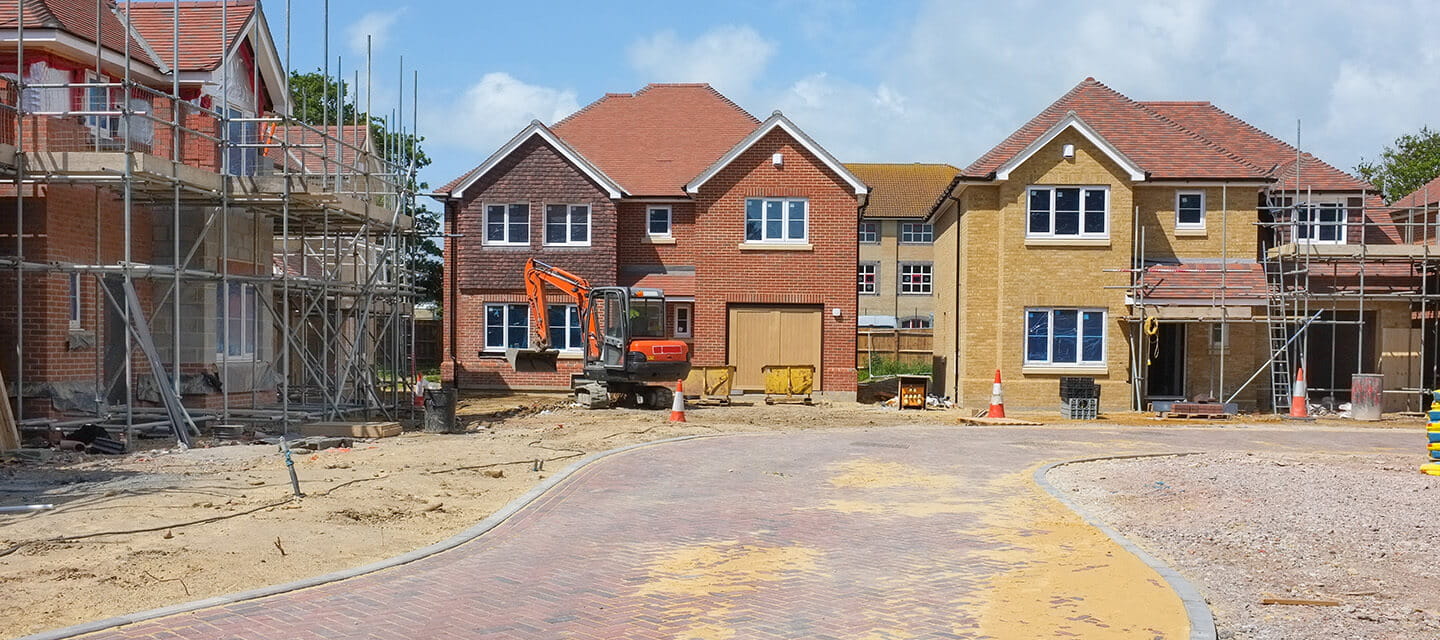

With their glossy new kitchens and high-spec designs, it’s easy to see why new build homes are popular. But snags can cause problems when you least expect, so could new build home insurance give you extra peace of mind?
New build insurance is a policy which will protect you financially if your new build property requires costly repairs or is damaged by events like fires, floods and subsidence.
A ‘new build’ is a home that has been built in the last two years and hasn’t been occupied by another person.
‘New build insurance’ usually refers to a home insurance policy that includes buildings insurance and contents insurance. Here is a quick summary of what these types of insurance cover:
Even if you have new build house insurance in place, you won’t be covered in certain situations, such as:
Unlike car insurance, home insurance is not a legal requirement in the UK, but it’s still sensible to get new build insurance before completion to protect yourself in the future. And in fact, some lenders may insist upon it.
If you’re planning to buy a new build home, it may come with a ten-year warranty and a Buildmark certificate from the National House-Building Council (NHBC), which covers any issues and damage caused by the builders. However, if you experience unexpected structural issues, you would need to prove the builder was at fault in order to make a successful claim.
Having a new build insurance policy could cover you for any problems that arise following events like storms, fires and floods.
While nothing is guaranteed, you might find that your home insurance for a new build is less expensive than for a period property. That’s because newer properties have modern electrical wiring and plumbing systems, which means that on average, a claim is less likely compared to an older property. Additionally, many new builds have cutting edge security which reduces the likelihood of a break-in.
We all have different tastes when it comes to homes, whether we like traditional Victorian semis, mid-century townhouses or sky-high apartments. So if you’re thinking of buying a new build property, what are the advantages and disadvantages to consider?
Whether you're looking for straightforward insurance or cover that's packed with extras, our home insurance has plenty of options for people over 50.


Choose our highest home cover level Saga Plus and freeze the price of your home insurance for 3 years if nothing changes. T&Cs apply.
There's plenty to explore and learn about our home insurance cover.

What cover do you need when relocating? Read our guide to protecting your possessions and your properties old and new.
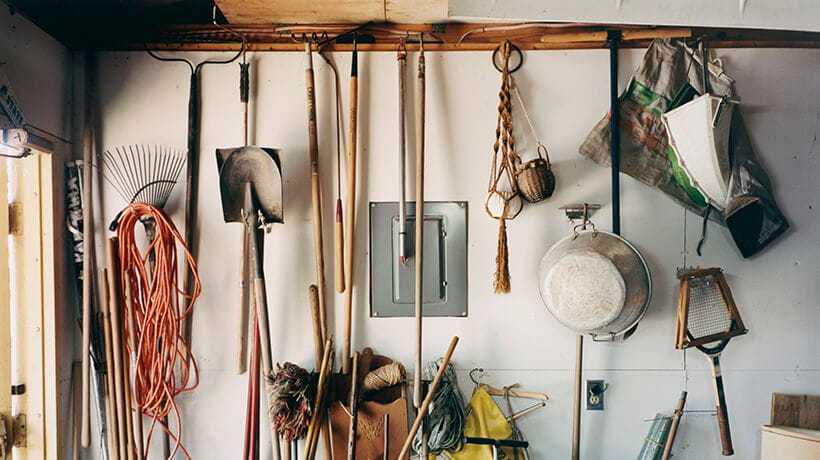
Does a home insurance policy include your garage contents? Read our garage insurance guide.

Keep your home toasty and fuel-efficient with a few simple boiler maintenance tips. Avoid costly callouts with the help of our boiler care year planner.
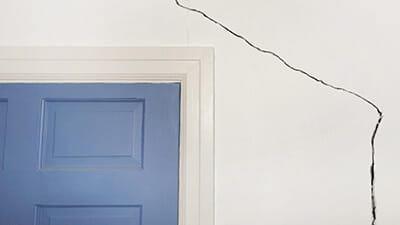
When can you fix cracks yourself and when should you ask for help?

What does it mean? Here’s how home insurance can help with get things back to normal after a leak.

Saga home insurance comes with garden cover included. Find out what’s included and get tips to help secure your garden.

Use our seasonal home maintenance checklist to keep your home ship shape and avoid major costly repairs

Beat the burglars and protect your pressies with these top tips.

The energy price rise is impacting millions of UK households. So, what changes can we make to keep costs down and reduce energy use at home?

Find out how to accurately estimate the value of your home’s contents to get the right level of cover.

Do you need buildings insurance for a leasehold flat? We explain how flat insurance works.
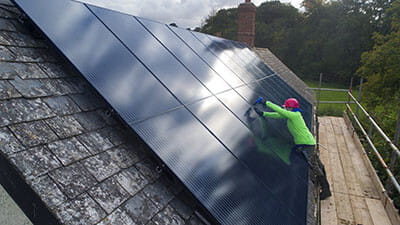
How to choose the right solar panels for your home and check what permissions or insurance you might need for solar panel installation.
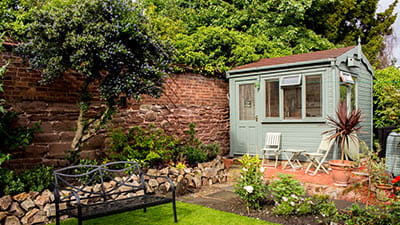
Do you have insurance for your outbuildings? Make sure you have the right cover for the structures in your garden.
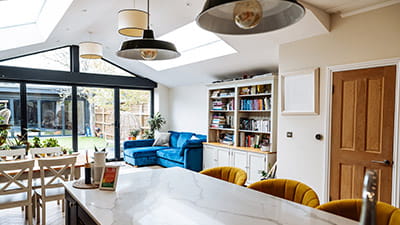
Planning some time away? Make sure your property is still protected if you leave it empty for a while.

Take a quick break and make sure you’ve got the right insurance for the type of work you do.